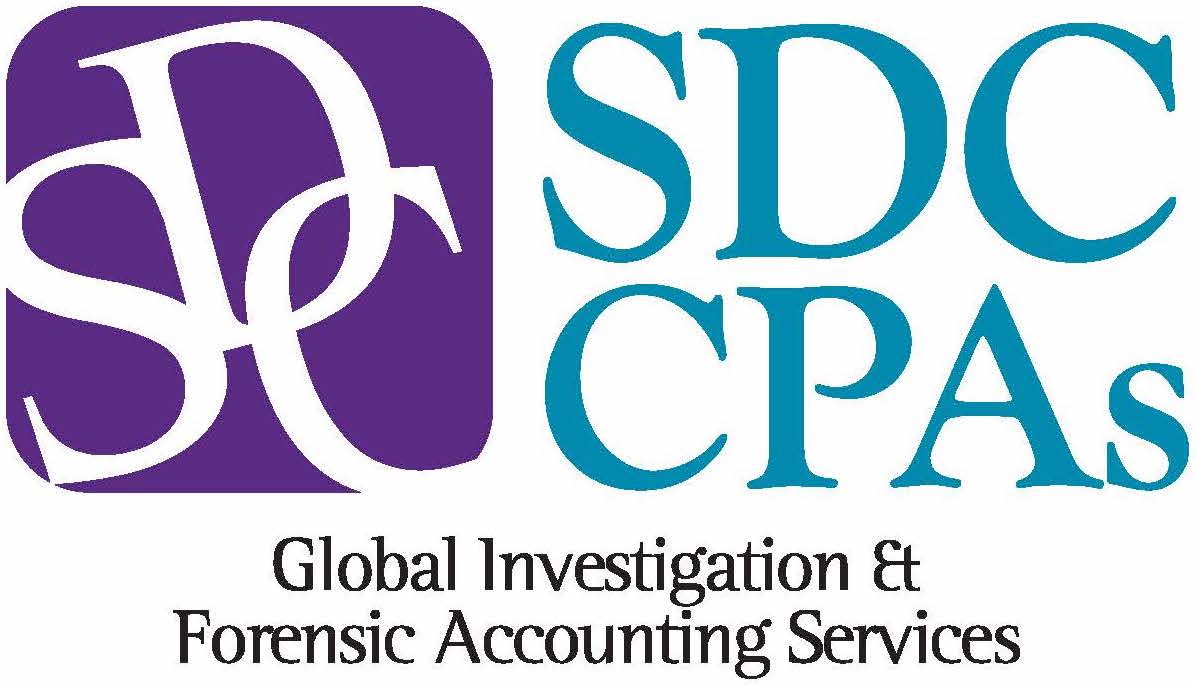On September 28, 2022, Hurricane Ian made landfall in southwestern Florida. It churned its way across the state, leaving death and destruction in its wake. Storm surges, intense winds, and extreme rainfall destroyed homes, buildings, roads, and bridges. Recovery costs are estimated to be approximately $47 billion. As residents of Florida attempt to get back on their feet, unscrupulous fraudsters are ready to take advantage of those hardest hit by the storm and those looking to help. Experts at the Federal Trade Commission have issued a warning about recovery scams.
Fraudsters looking to swindle people in the aftermath of a storm focus on two groups: those in need and those who want to help by donating money for food, shelter, and care to those impacted by the devastating natural event. Fraudsters perpetuate their scams by playing on people’s feelings. When emotions are running high, people often don’t take the time to do their due diligence to make sure a charity or an organization is legitimate.
The Federal Bureau of Investigation’s Tampa office recently tweeted a warning about “scammers trying to use a natural disaster like Hurricane Ian to steal your money, your personal information, or both.” For those seeking to help, the FBI offers this list of tips and warning signs to spot before opening up their wallets:
- Be aware that charity fraud scams appear in several forms. Criminals call, send phony texts and emails, message you on Facebook and even go door-to-door with a clipboard and a smile. One tactic is sending you a thank you for a donation you previously made (that you don’t recall making) and asking if you can help again. Another tactic is to pressure you to act immediately. A true charity will welcome your donation at any time.
- Be leery of organizations with copycat names, such as “United States Red Cross” instead of “American Red Cross.” Only give to established charities or groups. If it’s an unfamiliar organization, check out their website. The FTC recommends doing an online search of a charity’s name with terms such as “complaints” and “scam.”
- Be concerned if an organization asks you to donate through cash, gift card, cryptocurrency, or wire transfer. These payment methods are difficult to trace, so chances are good that it’s a scam. If you choose to make a donation, use a credit card instead.
The FBI is also warning Florida residents against scammers. These fraudsters are essentially re victimizing people whose homes or businesses have been damaged. The FBI offers these tips:
- Be aware of imposter scams. Scammers might pretend to be safety inspectors, government officials, utility workers, or FEMA inspectors. They may tell you that immediate work is required or try to charge you application fees to qualify for government funds. If someone wants money to help you qualify for funds, it’s a scam. Ask for identification and verify who you are dealing with before giving them money or sharing personal information like your Social Security or account numbers.
- Be careful about home improvement and debris removal scams. Unlicensed contractors and scammers may promise quick repairs or clean-up services. Demanding cash payments up front is a warning sign. Be sure to ask for copies of their license and get a contract in writing.
- Be aware of rental listing scams. People need a place to live while they rebuild their homes. Fraudsters know this and may advertise rentals that don’t exist. They tell you to wire money or ask you for security deposits or rent before you’ve met or signed a lease. If you give it to them, they’ll run away with it.
If you do fall prey to a scam, you can report it to the FBI at tips.fbi.gov. You can also learn more at ftc.gov/WeatherEmergencies and report weather-related scams to the FTC at ReportFraud.ftc.gov.
It’s difficult to predict how long it will take to recover from Hurricane Ian. What’s certain is that scammers will be out in full force, looking to take advantage. It’s important to know how scammers may operate—so you can avoid them and those in need can truly get back on their feet.
____
de las Heras, Gema. “Recovery Scams Will Follow Hurricane Ian. Here’s How to Spot Them.” FTC, October 4, 2022. https://consumer.ftc.gov/consumer-alerts/2022/10/recovery-scams-will-follow-hurricane-ian-heres-how-spot-them. Last accessed October 19, 2022.
Saltzman, Marc. “Hurricane Ian: Here Come the Scams. (And How to Avoid Them).” USA Today, October 9, 2022. https://www.usatoday.com/story/tech/2022/10/09/hurricane-ian-charity-scams-what-to-know/8200528001/. Last accessed October 19, 2022.


